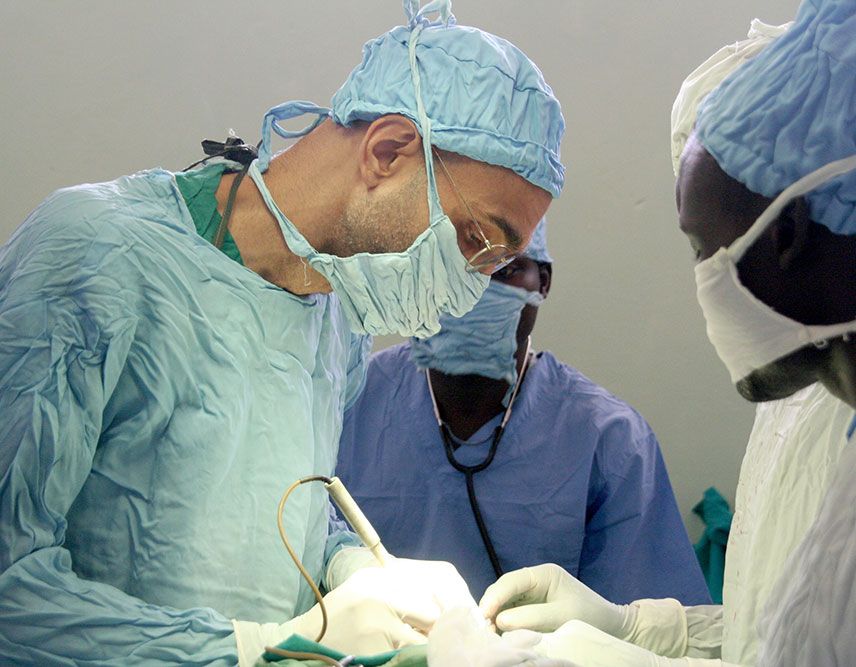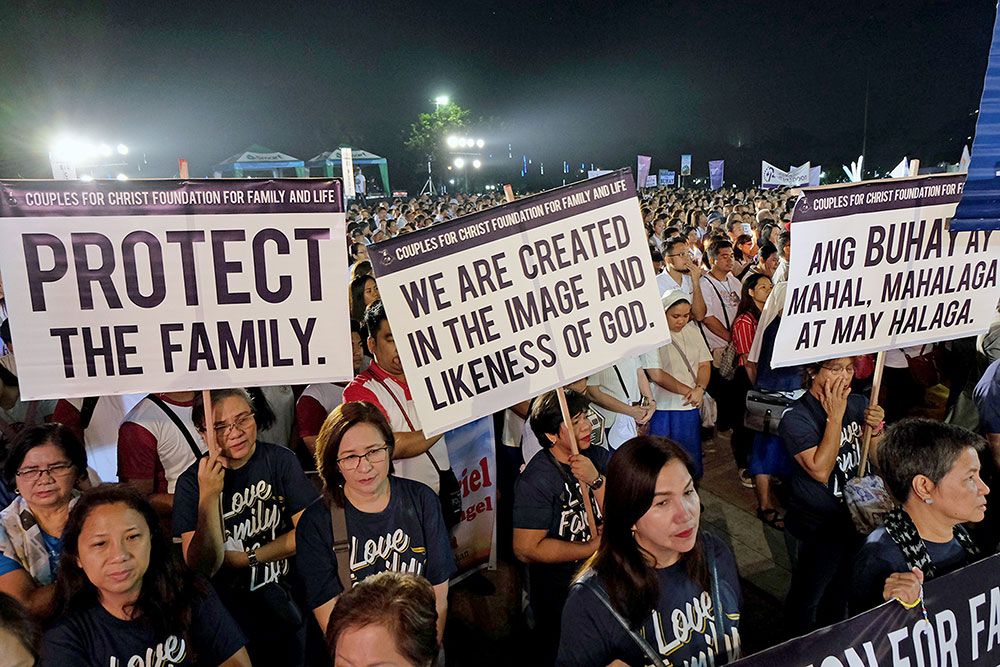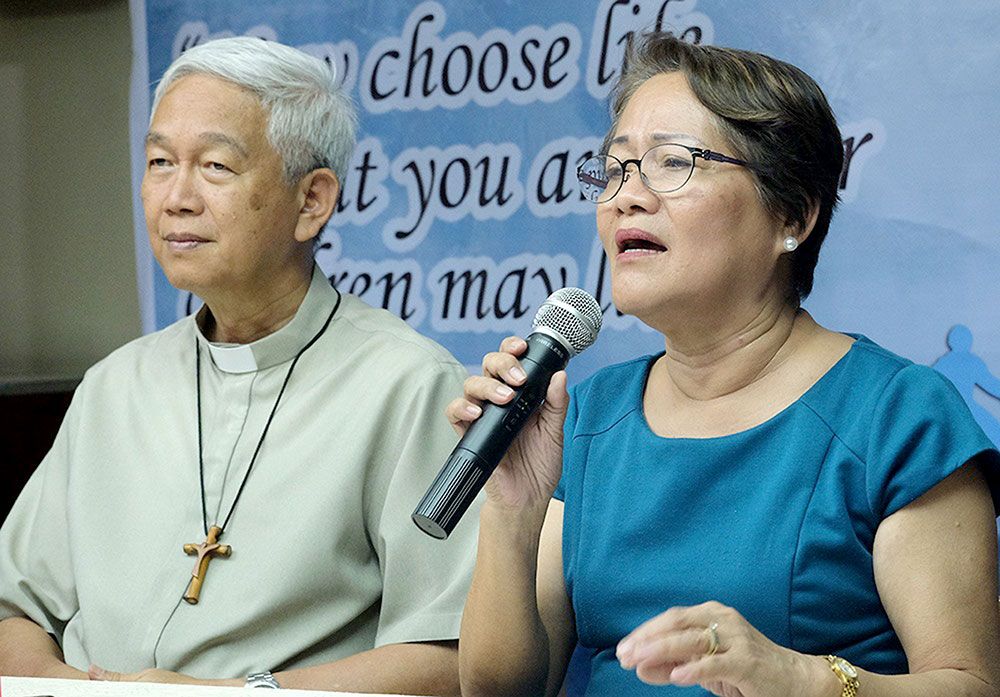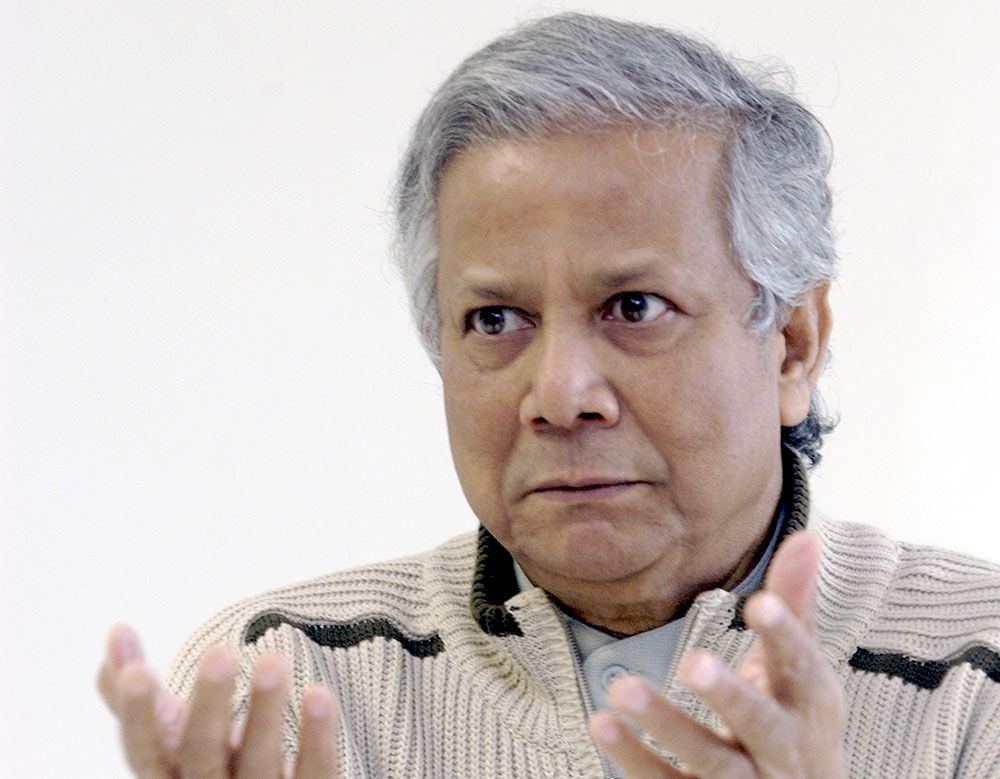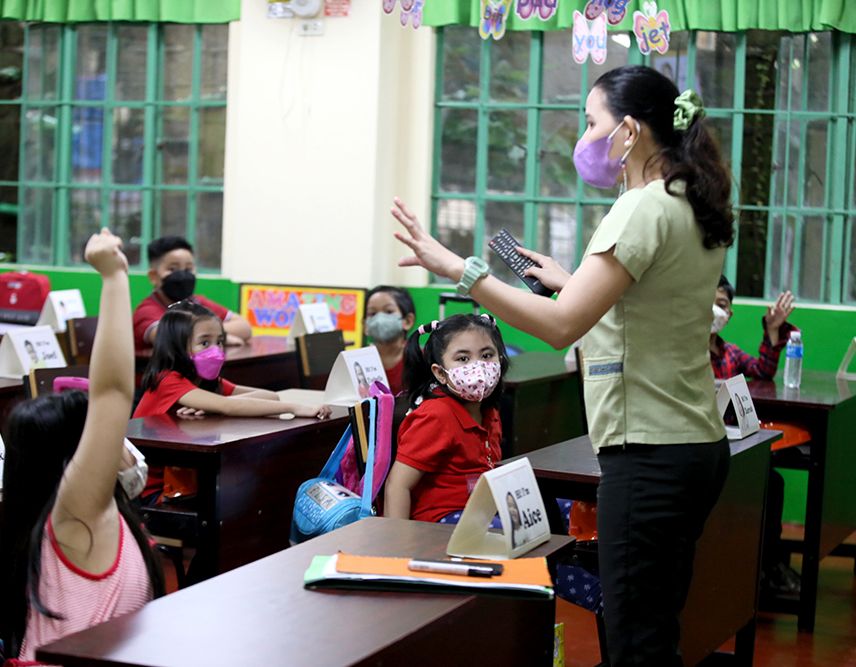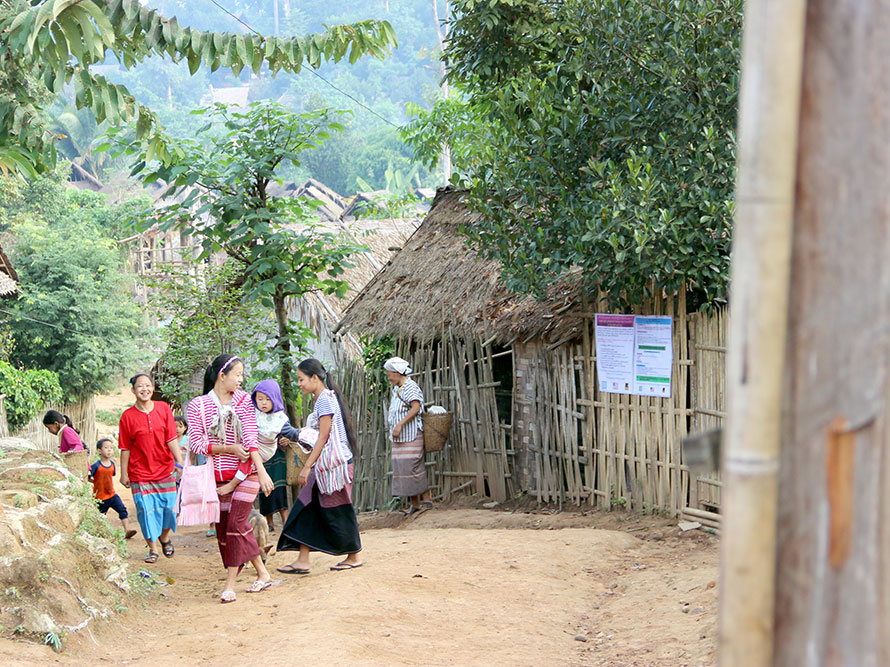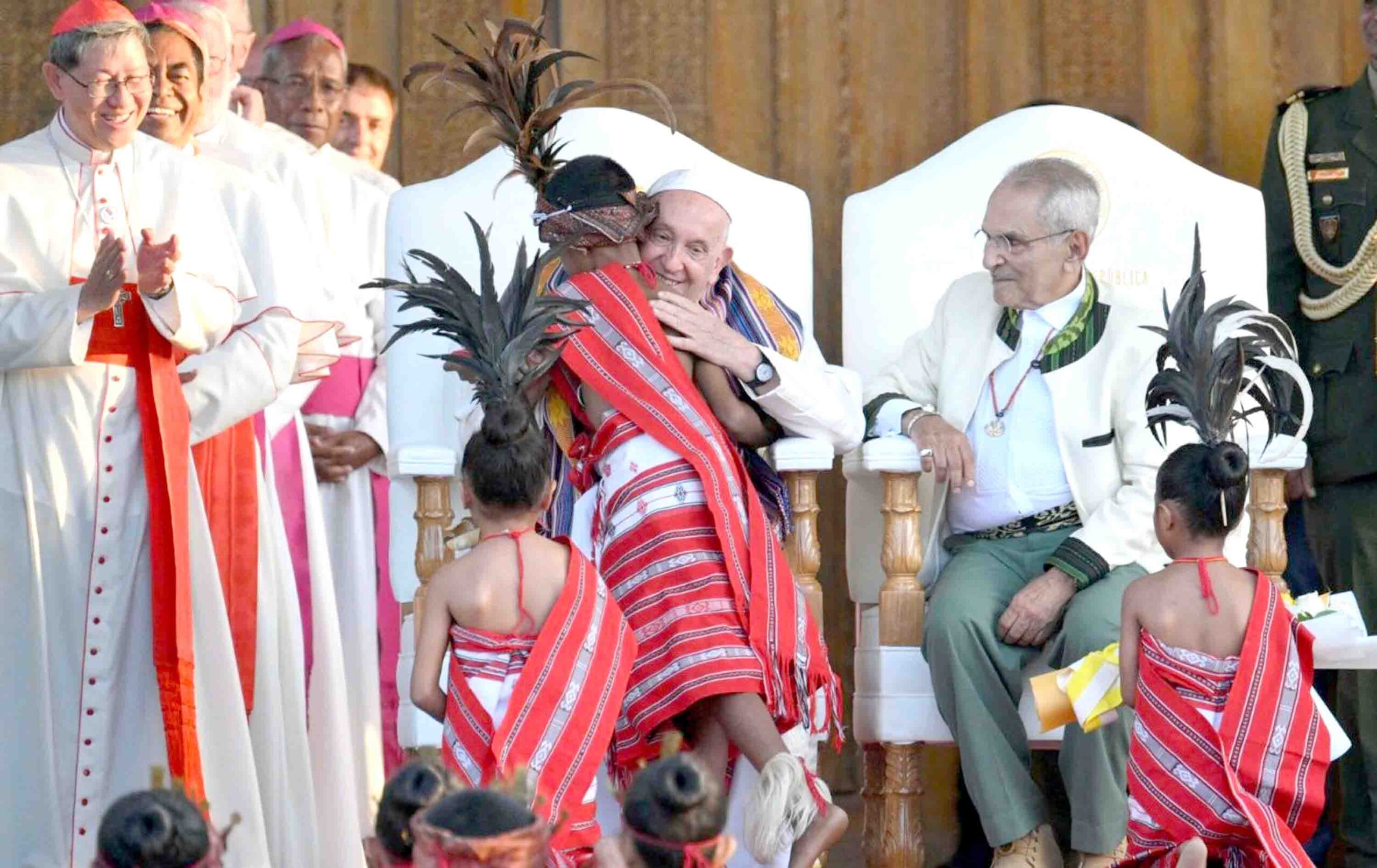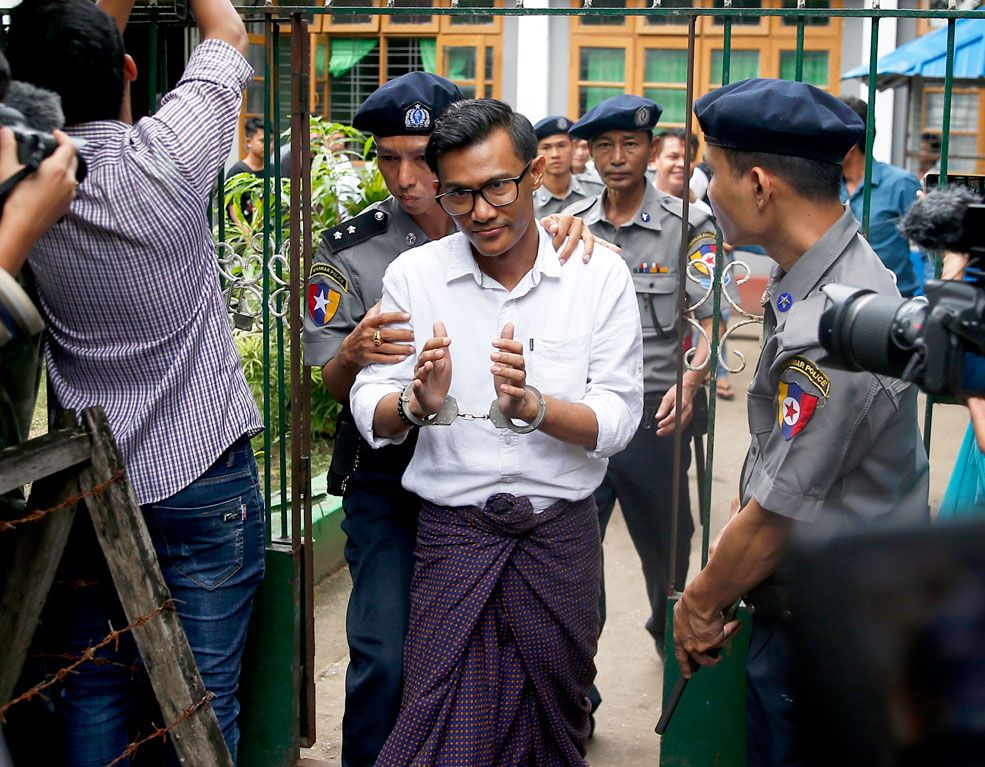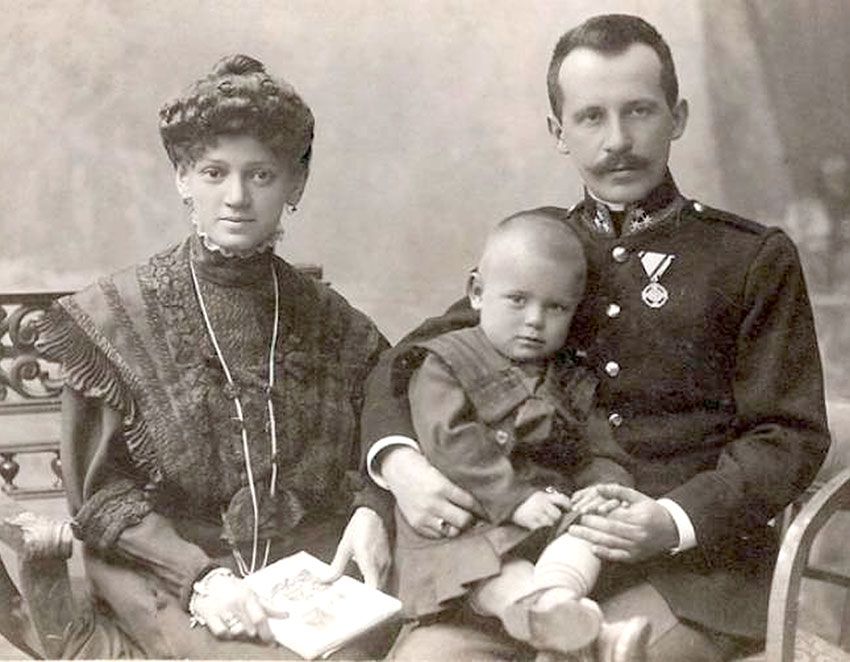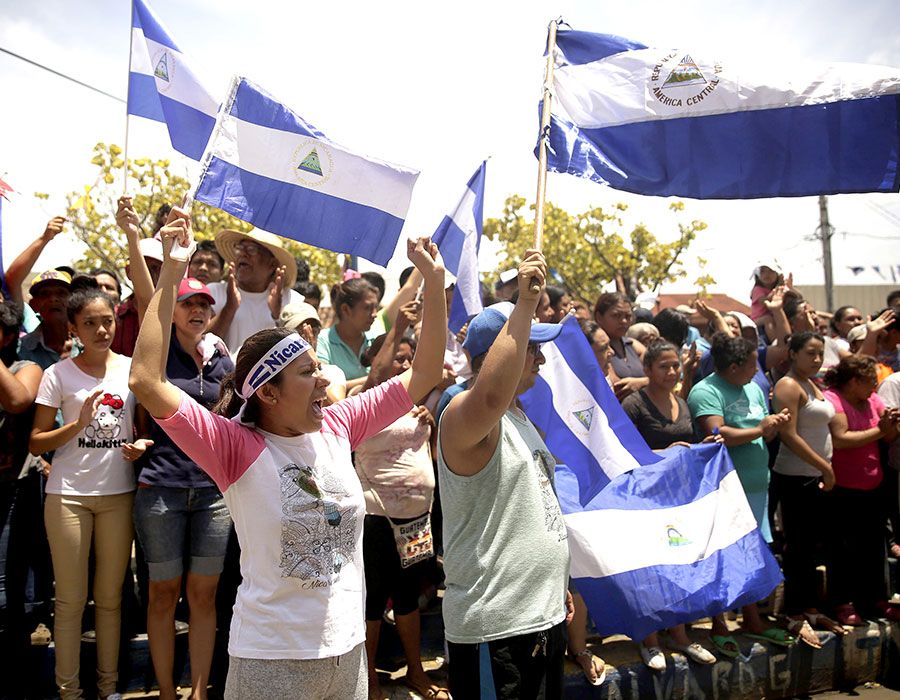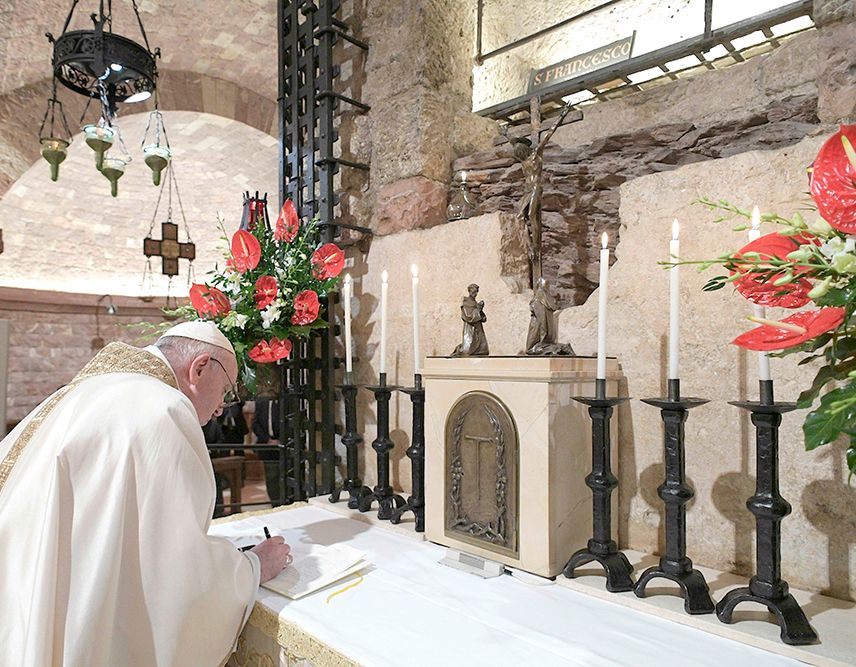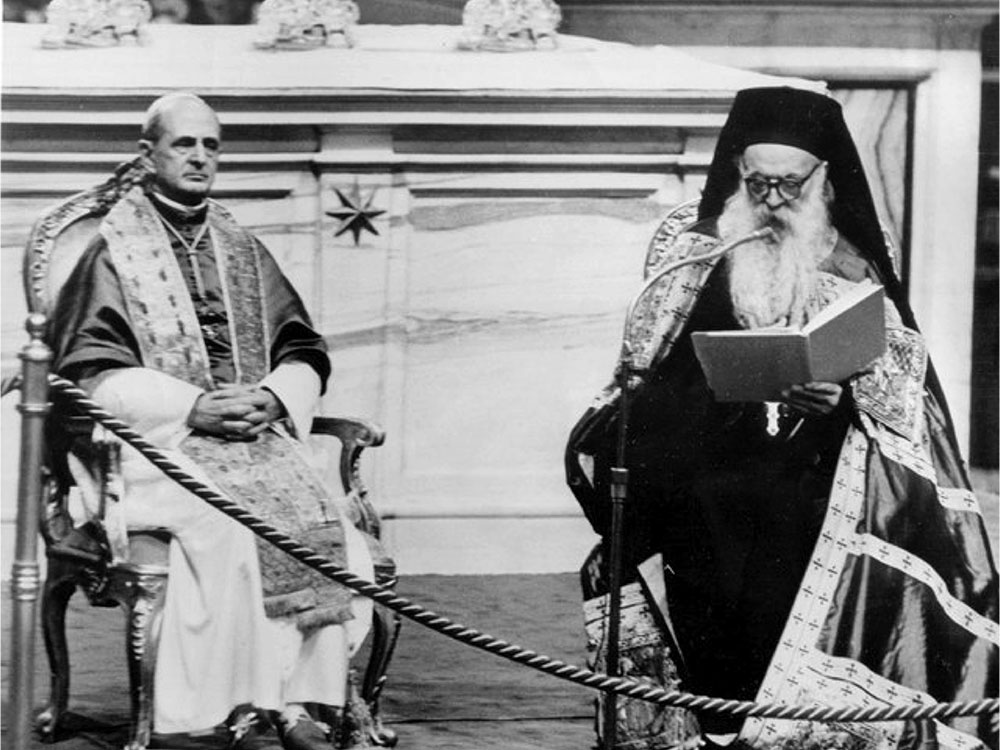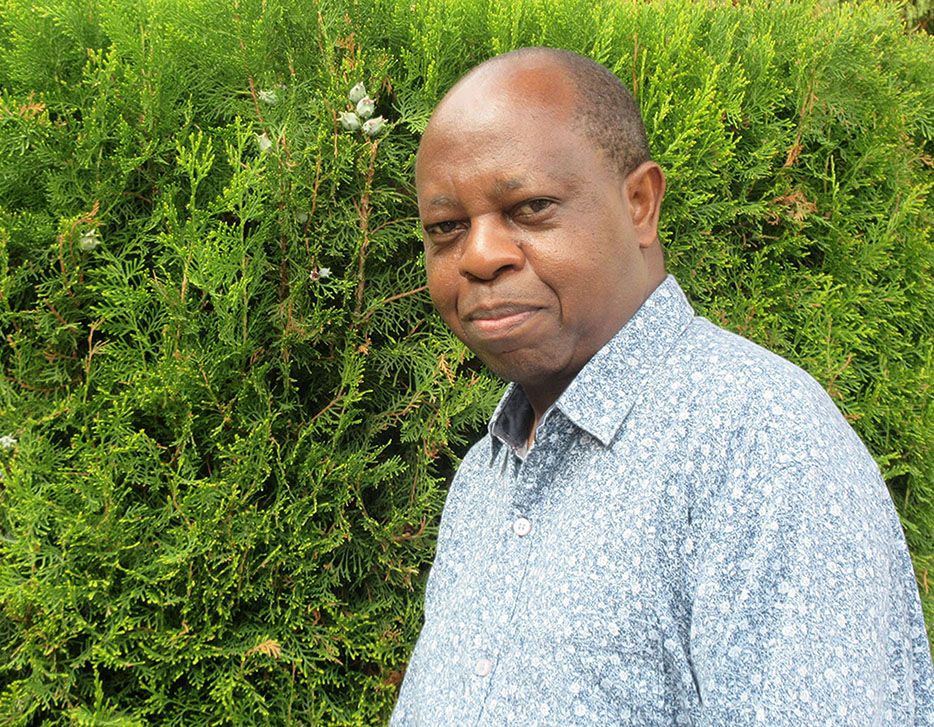Born and brought up in the sprawling city of New York, in the USA, Dr. Tom Catena’s graduation from Duke University Medical College only meant one thing: service to the needy in a rural setting. Therefore, after a short stint as a doctor in the US Navy, it was time for Dr. Catena to set out on a mission.
Although the lot fell on Kenya, fate pointed to Southern Sudan as his final base. In the last decade or so, Dr. Tom Catena has become a household name in the Nuba Mountains and beyond because of his selfless service to the poor. He founded and runs the 430-bed Mother of Mercy Hospital, which stands out in the middle of nowhere. This health facility has been responsible for the survival of many of the victims of the violent campaigns of Sudan’s former dictator, Omar al Bashir.
One could ask what prompted him to leave the comfort of his home in New York to go and live in as hostile a place as the Nuba Mountains. “I always wanted to be a missionary and that desire to be a missionary is what prompted me to actually go into medicine.” He explains further that upon graduation from medical school, and after having worked in the US Navy for four years, he joined the New York-based Catholic Medical Mission Board. This would later act as a springboard for making his dream to work in a rural area come true.
“When I was in Kenya I kept hearing about Sudan, about the conflict in Sudan, that this place has been destroyed by civil war, and that there were no health facilities there,” Dr. Catena says.
Bishop Macram Max Gassis, the now-retired bishop of El Obeid, was at the time building a hospital in the Nuba Mountains, and “I heard about it through a friend of mine. So I contacted his office”, Dr. Catena explains. It did not take long before “I went up and we opened up the hospital and started operating in 2008.”
A Cradle Catholic
It is curious that throughout his sharing, Dr. Catena betrays an unflinching affinity to Christianity and his faith. “I am what you may call a cradle Catholic”, he says. Ever since he moved to the Nuba Mountains, Dr. Catena has made his medical services to the needy the most important thing in his life. His typical day, in the middle of nowhere, speaks mountains. “Basically, I get up around 5:30 am, and we are fortunate enough to have a priest with us. So, I go to Mass every day.” Dr. Catena recites the Rosary on the way to church for Mass, which begins at 6:30 and ends at 7:00. After Mass, he grabs something quick to eat at home before going to the hospital to start work at 7:30.
From 7:30, Dr. Catena is on his feet, swinging from ward rounds to operating theatres, to administration and then to all sorts of demanding hospital chores. On a busy day, he would see up to 500 patients in the wards before going to attend to cases needing attention in the operating room. “It’s exhausting physically, and more so emotionally, especially when you have a bad outcome or difficult cases. It is very exhausting work,” he explains.
Dr. Catena recounts moments when the activities of the military–the soldiers–have interrupted his work and the hospital routine. “There have been quite a number of times when we would be in the operating room, and patients would be on the table asleep, and we are operating and we hear airplanes going overhead. Then we hear the bombs dropping. We just have to drop on the floor in the operating room and we just wait there till the airplanes pass.”
Dr. Catena says that the most frustrating thing for a doctor working in the Nuba Mountains is not the fear of losing one’s life, but rather “being in the remote environment and not having what you need to get things done, dealing with the limitations of our knowledge. “Only faith,” he says, “allows us to keep moving forward, knowing that God is with us despite the hardship and problems.”
That sigh of relief in Dr. Catena’s life has come with some interesting development in his own existence. The doctor married a local Nubian in 2016. “It was a great change in my life. It made the work a lot easier, knowing that there is someone to share the burdens with,” Dr. Catena says.
The greatest dream of the Nuba Mountains Doctor is to leave the place better than he found it. Through personal efforts and those of individual and private well-wishers, Dr. Catena has managed to train some medical personnel in a number of fields.
Today, Mother of Mercy Hospital boasts of a staff consisting of a number of trained personnel, including 27 registered nurses, clinical officers and pharmacists. The hospital will soon be joined by a group of the first four qualified Nubian medical officers, trained with proceeds of personal and private initiatives.
Capacity Building
Staff development, or Capacity Building, is something that is very dear to Dr. Catena’s heart. “For me this is something really very important for any group that works in the developing world. You have to go and work with the local people. So, if there are people there who are not trained, get them trained.”
In October this year, Dr. Catena was invited to join leading health care experts and decision makers from around the globe at the World Health Summit in Germany.
Capacity building is one of the concerns he will be presenting at that gathering. He says, “The key to all this staffing concern is to have the local people trained up to your level and beyond that, so that by the time you are going to leave, you must have something already fully intact.” He adds, “That’s been a big part of what we do in the Nuba Mountains, and I have to present that at the health summit.”
In 2017, Dr. Catena was awarded the Aurora Prize for Awakening Humanity, and he says the prize money that came with the award has been useful in pushing forward the Nuba Mountains agenda, especially in the efforts on Capacity Building. “The Aurora Prize that I was awarded in 2017 has been a big help to me personally and to the hospital. The award was also publicity, making us well known”. In 2018, Dr. Catena was appointed Chair of the World Wide Aurora Humanitarian Initiative, a position he holds in addition to his activities in Southern Sudan.
His main preoccupation is to sensitize and get people involved in doing humanitarian work. He is convinced that “everybody can be involved in that, no matter what you do, no matter your job, no matter your pay grade. Whatever you do, you can be involved, even if it means getting involved in advocacy.” Published in Vatican News

